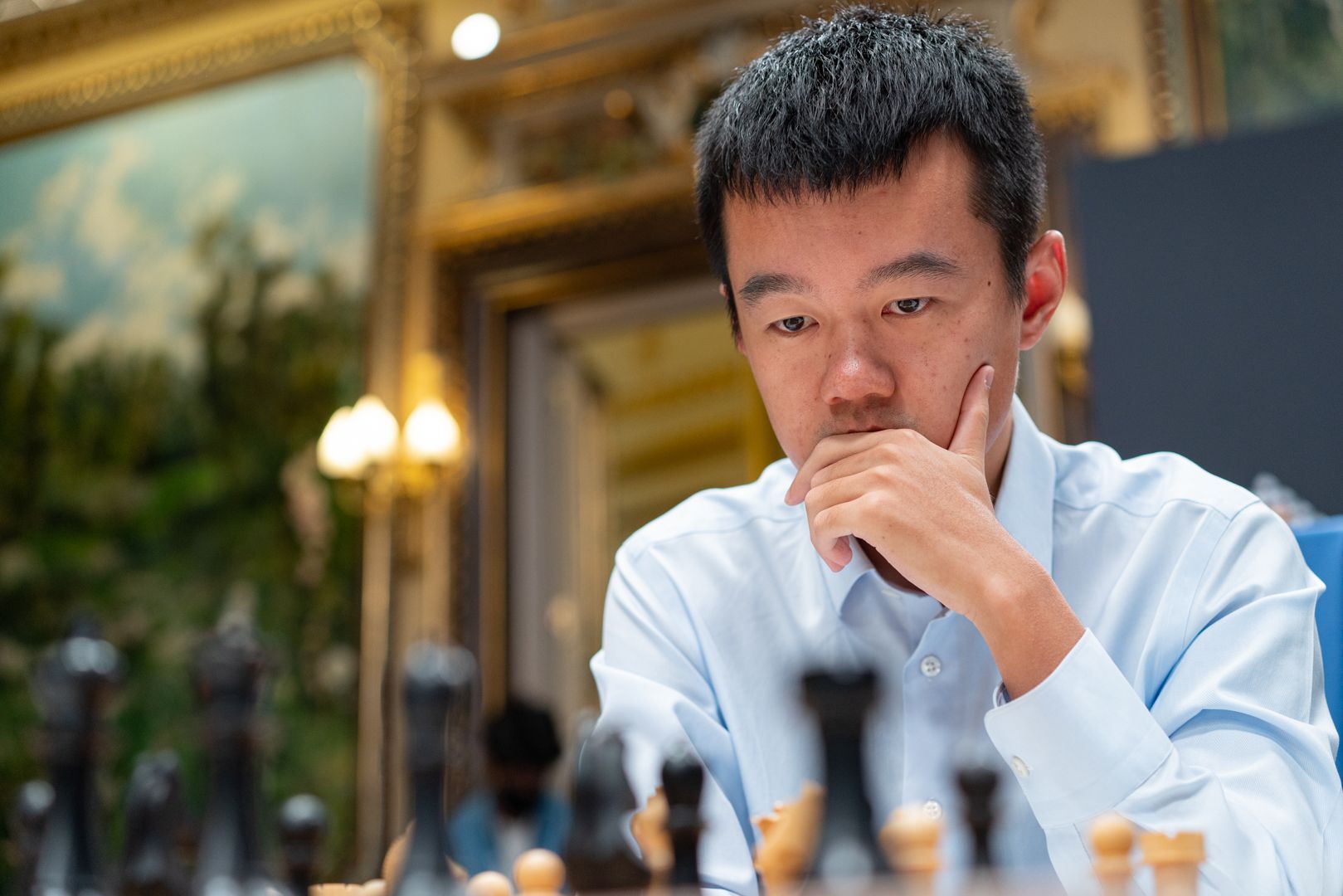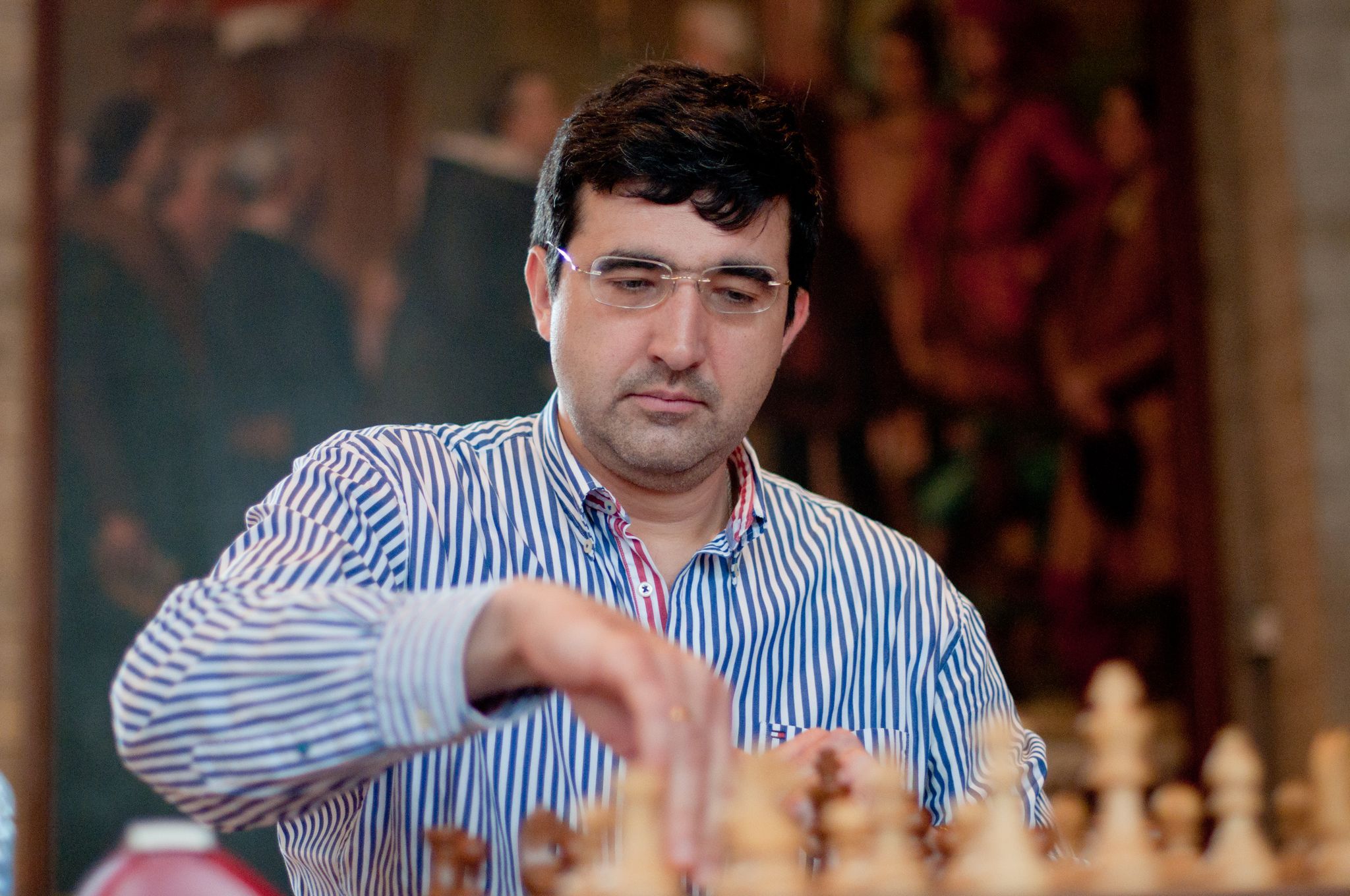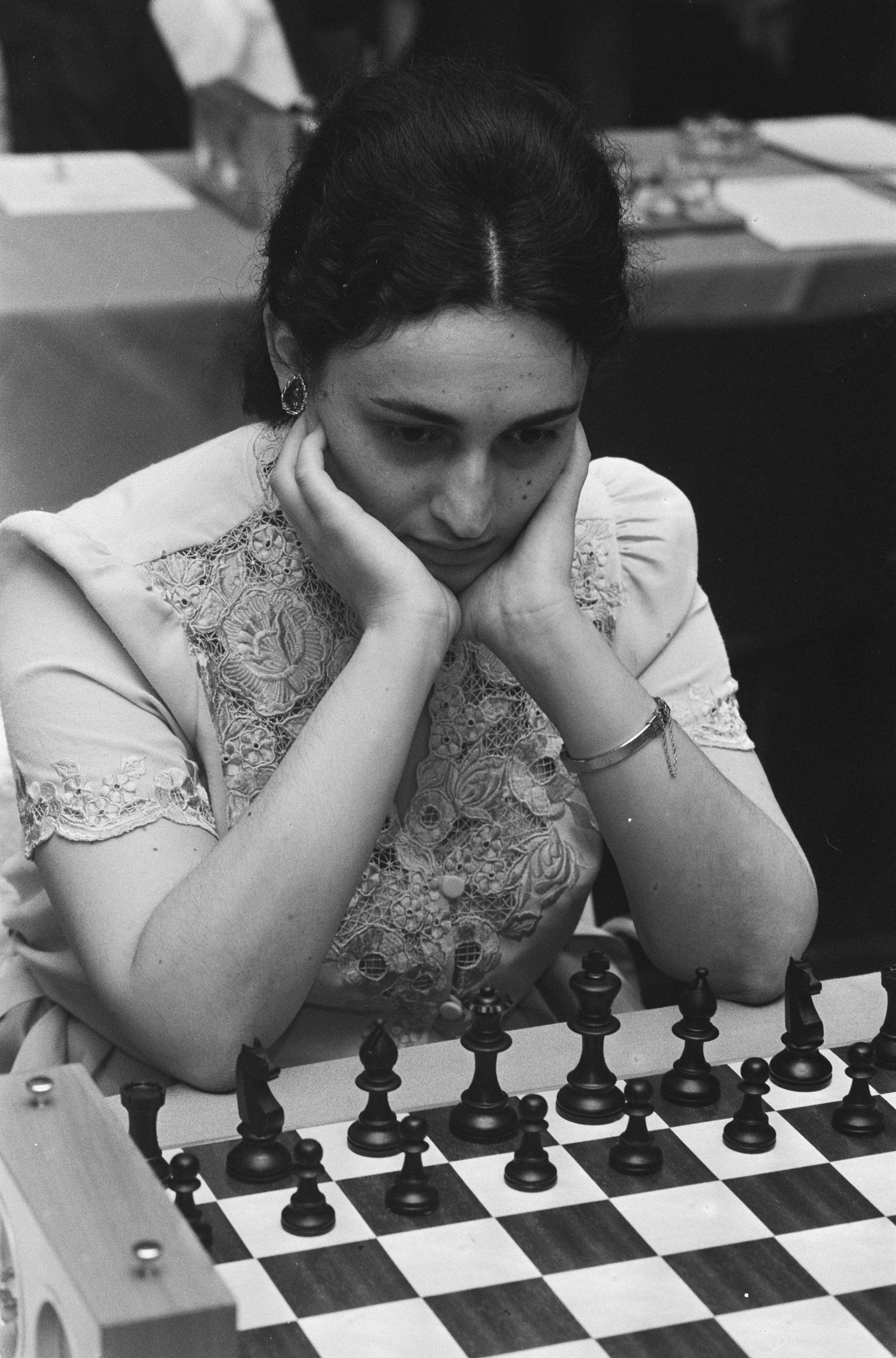
Who Will Be The Next World Champion?
The 2022 Candidates Tournament just finished last week, and I already see discussions about the coming world championship match. Will the challenger perform better this time, or is it going to be another one-sided victory for the world champion? Is it going to be GM Magnus Carlsen or GM Ian Nepomniachtchi? My answer is neither one—I bet on GM Ding Liren!

If you, my dear readers, are wondering if there is any reasoning behind my madness, let me share it. To begin, if World Champion Carlsen decides to not defend his title, then the current rules state that the top two finishers from the Candidates will play the world championship match. But this, alone, is not my only reasoning.
The author of the bestselling book The Black Swan, Nassim Taleb, convincingly proves that we are living in a "fat tail" environment. In other words, the events that statistically can happen only once in say 10,000 years happen on a regular basis these days. For example, who will ever forget the negative price for crude oil that we witnessed a couple of years ago or people paying millions of dollars for a digital image of an ape? After all, they say that life is stranger than fiction for a reason.
So, am I implying that the Carlsen-Nepomiachtchi World Championship match will never take place? Because I don't have any inside information, I have no idea! What I do know is that the last two years have taught us that if something unexpected can happen, it will happen.
Besides, it's not like chess history hasn't already provided us with such examples.
Do you remember the match between GMs Vladimir Kramnik and Alexei Shirov in 1998? This match was supposed to determine the challenger for GM Garry Kasparov, who was the world champion at that time. Shirov convincingly won 5.5-3.5 and qualified to play the title match. Who became the world chess champion in the year 2000, Kasparov or Shirov? Neither! As you know, it was Kramnik.

Here is another story from an even more distant past. Legendary Maia Chiburdanidze became World Champion in 1978. She was just 17 years old then! Here is how Wikipedia describes her journey to the title:
Chiburdanidze finished second in the Tbilisi Women's Interzonal (1976), thereby qualifying for the 1977 Candidates matches. She advanced through to the Candidates Final, where she beat Alla Kushnir by 7½–6½ to set up a world title match in Pitsunda, Georgia, against Nona Gaprindashvili, the reigning women's world champion. Chiburdanidze defeated Gaprindashvili by 8½-6½.
However, Wikipedia doesn't say how Chiburdanidze qualified for the Interzonal tournament of 1976. So, here is the story. The 1975 Soviet Women Championship was also a zonal tournament where three top finishers would qualify for the Interzonal. Chiburdanidze managed to only tie for 7-11 places. It looked like the mega-talented kid was supposed to wait for another three years to participate in the next world championship cycle.

And here is when the chain of unexpected events began. For starters, the player who finished third in the championship wrote a letter to the Soviet Chess Federation informing them that she was changing her gender. Naturally, he couldn't participate in the women's competitions anymore and, therefore, they started looking for a substitute player. Amazingly, one by one, players on the waiting list declined their invitations for a variety of reasons. Finally, it was young Chiburdanidze's turn, who happily grabbed the golden opportunity, and, as they say, the rest is history.
If you still think that all these examples are very unique and will never happen again, let me ask you just one question: Just five months ago, when all the participants were already announced, was Ding even supposed to play in the Candidates Tournament? I rest my case!
Next, I want to analyze the game that could possibly make Ding the world champion. While for some people it looks like another example of boring grandmaster endgames, it is actually very entertaining and instructive. Let's start with the opening.
What kind of moves are 6.a3 and 7...a6? Aren't you supposed to develop pieces in the opening instead of mindlessly moving your rook pawns? Is it another example of weird moves that super grandmasters play in openings?
The explanation is actually quite simple and logical. Both opponents wait for Bf1 and Bf8 to move and then they want to play dxc5 (or dxc4). When bishops recapture the pawns, both opponents would play b4 (or b5) gaining space on the queenside and preparing the development of the other bishops to b2 (or b7). This is exactly what happened in the game. It might look like this opening only leads to a boring symmetrical position. Well, people who are looking for blood always find a way to break symmetry:
Let's get back to our main game. Can you guess Ding's move in the following position?
You might say: "What's the big deal? White has just traded a pair of knights, so what?" Well, compare the players' bishops after this trade! It is exactly this maneuver that allowed GM Akiba Rubinstein to create his immortal masterpiece. Notice that Black's bishops are the main actors of the show, while White's bishops are doing pretty much nothing.
The only drawback of Ding's maneuver is the immediate trade of queens. But even in endgames like this, you can find tactical opportunities. Here is a question for our less-experienced members. What's the point of Ding's last move?
Pat yourself on the back if you found the coming exchange sacrifice followed by knight fork. Former World Champion Anatoly Karpov executed a much more complicated version of this combo in the following game:
The last instructive moment in our main game happened here:
I watched the game live and saw the moment GM Hikaru Nakamura played 35...Bd8?? I instantly disliked the move because it is very unlikely that such a passive defense could save the game. Nevertheless, I thought that Black could still fight until I saw the engine's evaluation of the position after 36. Rb7! It is +3.26. For an engine, White is not just winning but easily winning, having an advantage equal to an extra piece!
The pawn sacrifice suggested by the engine might be difficult to find for many humans, but this is the only way to play in such positions. Here is a classical example:
After Nakamura's passive move, the rest was just a matter of technique, and Ding didn't give Black any chances:
We'll see if my forecast materializes and Ding becomes the new world champion. No matter what, I am very comfortable with my bold prediction. If I am correct, then people will call me a genius. And if I am wrong, who is going to remember it in a couple of months, anyway?






